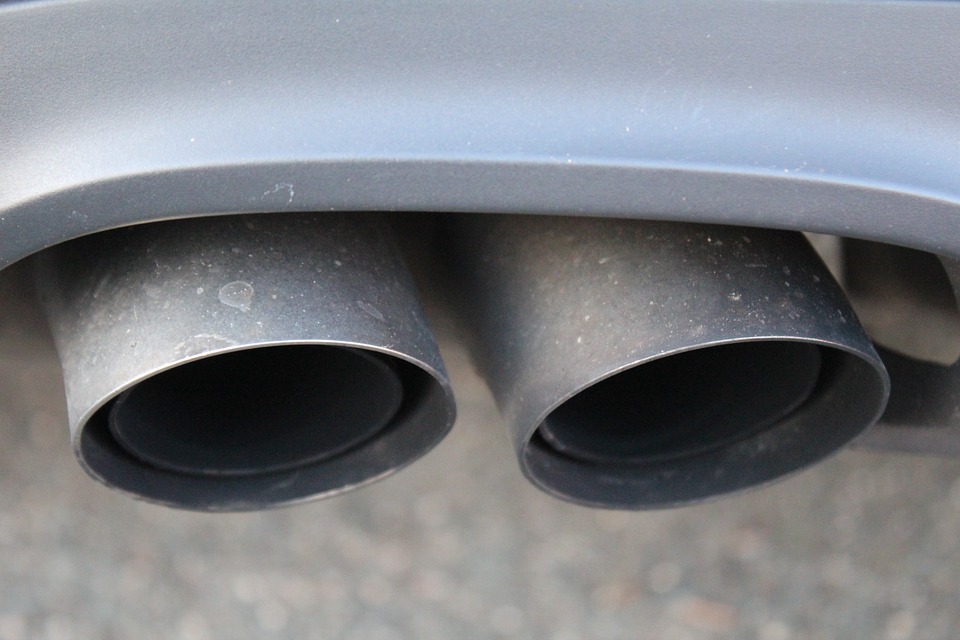Emissions of three main air pollutants increased in 2016, warns EPA

April 4th, 2018
Emissions from three of the five main air pollutants in Ireland increased in 2016, latest figures from the Environmental Protection Agency (EPA) reveal.
The EPA’s latest report on air pollutant emissions in 2016 points to an increase in emission from ammonia, nitrogen oxides, and non-methane volatile organic compounds.
These pollutants are known to impact air quality, are linked to respiratory problems, pollute water and soil, and damage vegetation.
The emissions of ammonia, which have been increasing since 2011, are above the normal EU emissions levels in 2016.
According to the EPA, this is due to the increasing use of fertilisers in the agriculture sector, which accounted for 99 per cent of ammonia emissions in 2016.
According to Stephen Treacy, a Senior Manager at the EPA Office of Environmental Sustainability, this growth is a reflection of the country`s rapid expansion of dairy and beef production.
The EPA report states that limiting ammonia emissions will be difficult due to Ireland`s ambitious targets under Food Wise 2025.
“This underlines the challenge in designing appropriate policies that protect our environment in a growing economy,” Mr Treacy said.
He added that emissions for all three pollutants discussed in the EPA report are still “going in the wrong direction”.
“Higher emissions of these pollutants will cause damage to air quality and health and make future compliance with EU limits more challenging,” he warned.
Responding to the EPA report, IFA Environment Chairman Thomas Cooney called for increased State funding to support the uptake and use of low emission slurry spreading technology on farms.
“Today’s ammonia figures issued by the EPA highlight the urgent need for action by the Department of Agriculture,” he added.

Exhaust Gases Car Exhaust Fumes Grey Exhaust Auto Photo: Max Pixel
Nitrogen oxides
Transport (41 per cent) and agriculture (29.6 per cent) were the main sources of increasing emissions of nitrogen oxide, the report states.
In the case of agriculture, this results from synthetic fertilizer applications and emissions from urine and dung of grazing animals.
Nitrogen oxides are linked to a diverse range of health impacts including diseases such as diabetes, stroke, hypertension, chronic obstructive pulmonary disease (COD) and asthma.
In a statement, the environmental charity An Taisce said that the data points to the “human costs” of allowing agriculture and transport special interests to “dominate our politics”.
Sulphur dioxide
The report points to a fall in Ireland`s levels of sulphur dioxide, a pollutant associated with the acidification of soils and water, which was well below EU limits in 2016.
According to Mr Treacy, effective licensing and enforcement from the EPA alongside the adoption of cleaner fuels contributed to lower emissions.
“While overall emissions of particulate matter also declined in 2016, localised problems can arise because of residential solid-fuel use,” he added.
[x_author title=”About the Author”]







